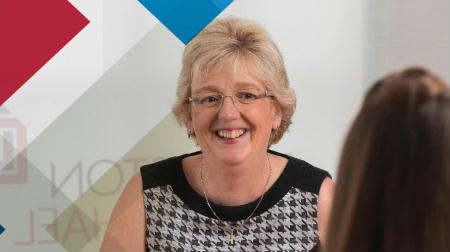Self-assessment taxpayers face extra complexities from Scottish income tax divergence

Senga Prior
Scottish taxpayers who pay their taxes through self-assessment face extra problems as a result of the continued divergence in income tax rates, tax technicians have warned.
The Association of Taxation Technicians (ATT) said that Scottish taxpayers in self-assessment have been experiencing problems completing tax returns for the 2017/18 tax year (which are due for submission by 31 January 2019).
This was likely to extend into the following year as a result of problems with the software used by HM Revenue and Customs (HMRC) to calculate the correct amount of tax owed.
The ATT is calling on the Scottish Government to work with HMRC to ensure that Scottish taxpayers are not adversely affected as a result of these software problems.
Such issues are not unique to Scotland but they are exacerbated by the divergence in income tax rates with the rest of the UK. This increases the number of ‘exclusions’ which either prevent taxpayers from filing their tax return electronically, or result in an incorrect calculation if they do manage to file online.
Three out of the 38 exclusions from online self-assessment identified by HMRC are unique to Scotland.
In 2017/18, these three alone are estimated to have impacted 10,000 Scottish taxpayers. A potential fourth Scottish-specific exclusion for 2017/18, currently being considered by HMRC, threatens to further limit the ability of Scottish taxpayers to submit an electronic tax return and calculate the correct amount of tax owed.
Senga Prior, ATT’s Scottish spokesperson, said: “Problems with exclusions aren’t unique to Scotland, but they are exacerbated by the divergence in income tax rates between Scotland and the rest of the UK. This has resulted in an increasing number of Scottish taxpayers in self-assessment being required to submit their tax returns on paper, instead of electronically.
“If the individual doesn’t realise that an exclusion applies – as they can be hard to spot - and they manage to file on line, it could be many months before HMRC are able to identify and correct these errors.
“Even when a taxpayer spots an exclusion and files their tax return on paper, they face upwards of a three-month wait to find out the correct amount of tax to pay.
“Not only does this fly in the face of the UK Government’s digitalisation agenda, it adds unnecessary delay and uncertainty into what should be a relatively straightforward process.
“The Scottish Government needs to work with HMRC to ensure that the software is adequately and robustly tested to meet the needs of Scotland’s changing income tax landscape and to ensure that Scottish taxpayers in self-assessment do not face additional difficulties as a result of this”.






